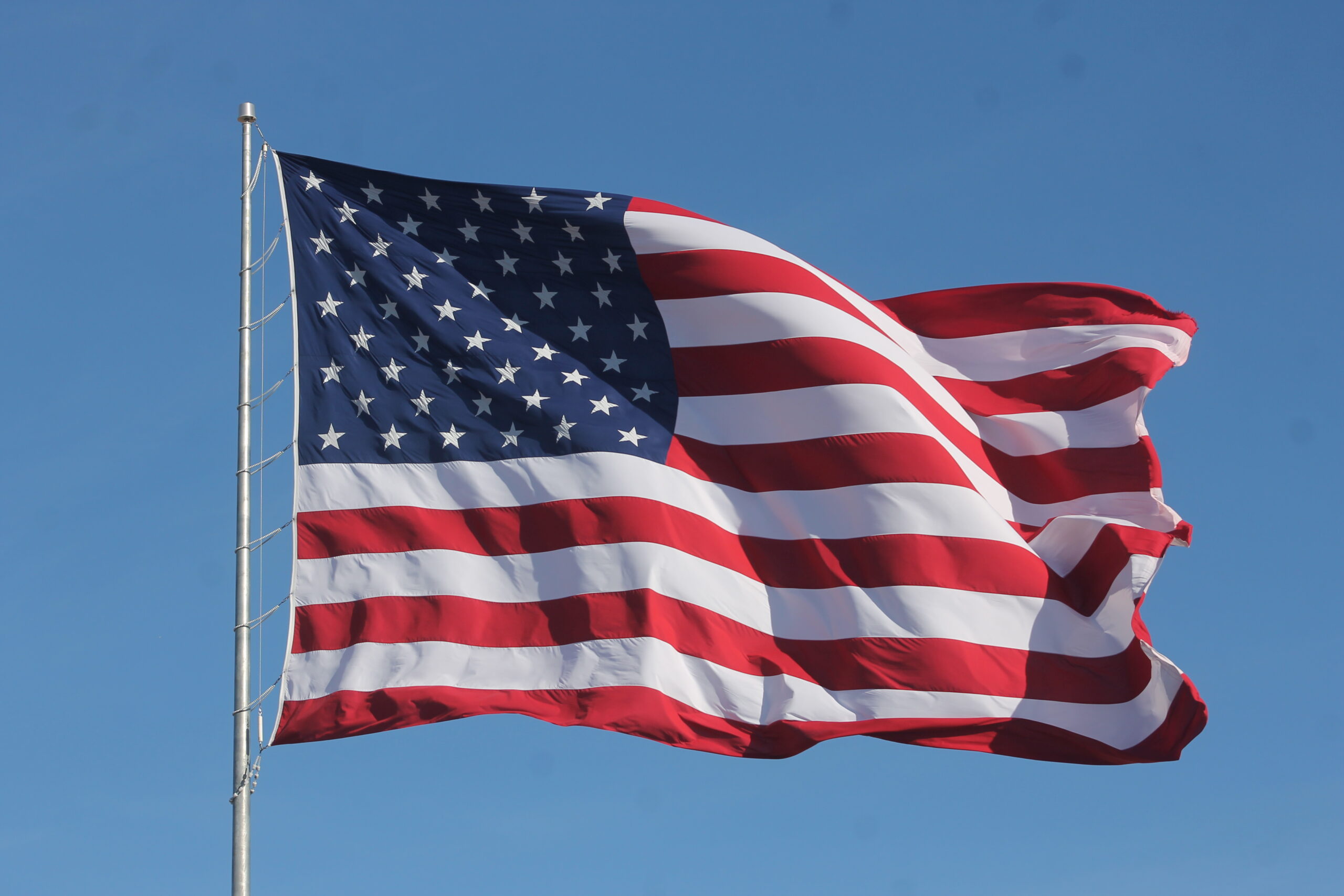A new Samuel Adams biography is about to be published at the end of the month (Oct. 25). “The Revolutionary: Samuel Adams,” (Little, Brown and Co.) by Pulitzer Prize-winning author Stacy Schiff, is billed as an “inside look” at “the most essential Founding Father, the one who stood behind the change in thinking that produced the American Revolution.”
Indeed, it is. Indeed, he did. And the new tome represents an opportune time to recount some of his most profound sentiments of his day, ones that remain remarkably contemporary 250 years later.
Sadly, many of Adams’ precepts might be considered nothing more than quaint notions these days. But a return to their premises clearly would serve us all well.
To wit, from the April 12, 1781, Boston Gazette:
“Every citizen will see, and I hope be deeply impressed with a sense of it, how exceedingly important it is to himself, and how intimately the welfare of his children is connected with it, that those who are to have a share in making as well as in judging and executing the laws should be men of singular wisdom and integrity.”
From another essay, a few days later, in the same newspaper:
“Let each citizen remember at the moment he is offering his vote that he is not making a present or a compliment to please an individual – or at least that he ought not so to do; but that he is executing one of the most solemn trusts in human society for which he is accountable to God and his country.”
Offered Adams, in a 1775 letter:
“No people will tamely surrender their liberties, nor can any be easily subdued, when knowledge is diffused and virtue is preserved. On the contrary, when people are universally ignorant, and debauched in their manners, they will sink under their own weight without the aid of foreign Invaders.”
And then, from various times in life, these thoughts:
“Among the natural rights of the Colonists are these: First, a right to life; Secondly, to liberty; Thirdly, to property; together with the right to support and defend them in the best manner they can. These are evident branches of, rather than deductions from, the duty of self-preservation, commonly called the first law of nature.”
Then there’s this:
“Some of our politicians would have the people believe that the administration are disposed or determined to have all the grievances which we complain of redressed, if we will only be quiet. But apprehend this would be a fatal delusion.”
Or:
“There can be no property in that which another can of right take from us without our consent.”
And:
“Neither the wisest constitution nor the wisest laws will secure the liberty and happiness of a people whose manners are universally corrupt.”
Consider these sentiments and seek out more of Adams’ insight at your leisure. Then consider how they stack up against modern governance and “leadership.”
It won’t be a pretty picture. But it should renew our mutual resolve to aspire to what Samuel Adams, the “Founders’ Founder,” prescribed.
Colin McNickle is communications and marketing director at the Allegheny Institute for Public Policy (cmcnickle@alleghenyinstitute.org).


